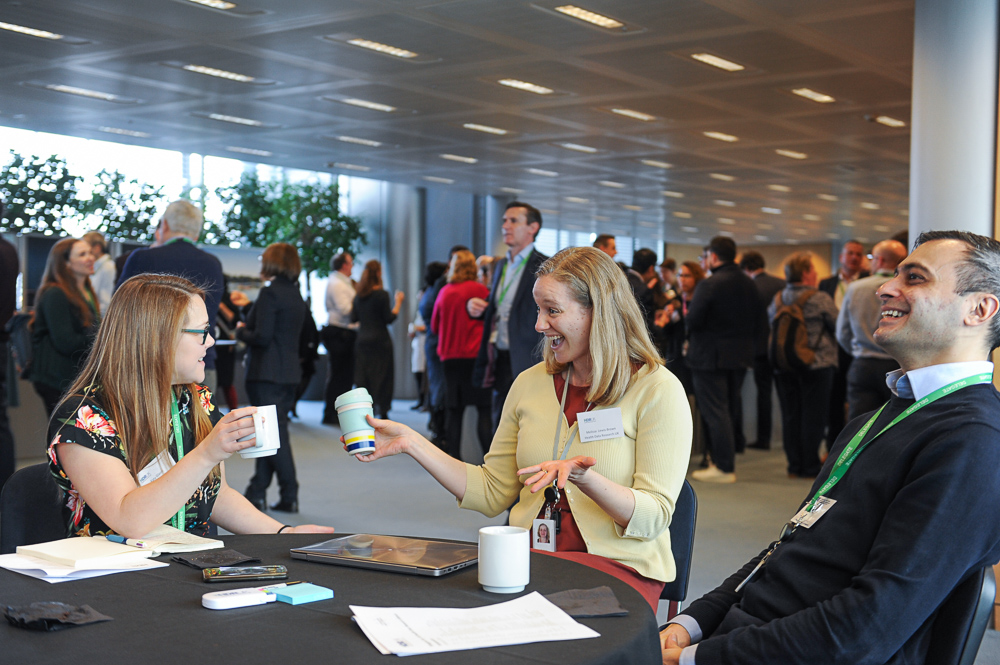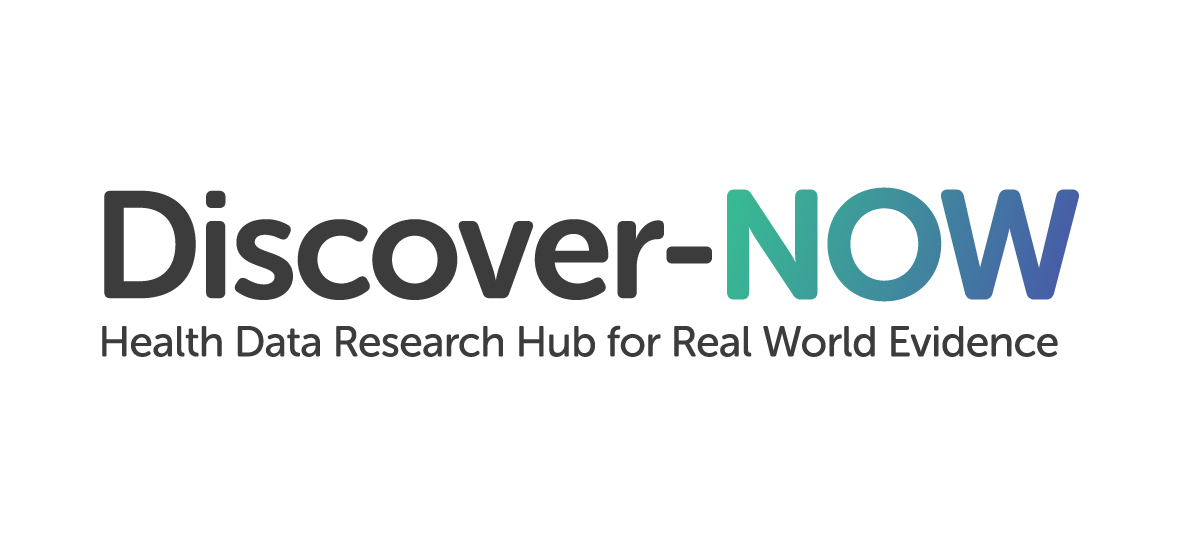Why Public and Patient Engagement and Involvement is so important to health data research - Andrew Morris, Director HDR UK
9 July 2021
In celebration of National Coproduction Week, we asked Andrew Morris for his thoughts on why Public and Patient Engagement and Involvement is so important to health data research.

Professor Andrew Morris is a doctor who trained to specialise in the care of people living with diabetes. He has developed an interest in how data can be used to improve the quality, safety and effectiveness of care, and how it can be used for research to improve care in the future. He became inaugural Director of Health Data Research UK (HDR UK) in August 2017 and is seconded from his position as Professor of Medicine, and Vice Principal of Data Science at the University of Edinburgh. Andrew was Chief Scientist at the Scottish Government Health Directorate (2012-2017) and has served and chaired numerous national and international grant committees and Governmental bodies.
We asked Andrew why he thinks that Patient and Public Involvement and Engagement (PPIE) is vital to the success of our work at Health Data Research UK (HDR UK).
In your opinion, why is PPIE so important to health data research?
“I am completely committed to Patient and Public Involvement and Engagement, and I am convinced that it improves the quality of the research. Ensuring the confidence of patients and the public in our work is crucial, and by involving patients and the public, we will make strides in our quest to demonstrate trustworthy use of health data for research. The safe and efficient access and use of health data can only be assured if there is meaningful public involvement built into the system, and by directly involving lay people in health data science we can help to build that trust.
This is not new. A very famous doctor William Osler who was born in Cornwall and practiced medicine in Canada and the US in late 1800s said “Just listen to your patient, he is telling you the diagnosis.” This applies equally to health data research.”
Where has PPIE had an impact at HDR UK?
“It is important to reflect on how much has been achieved, particularly since January 2020. We’ve come a long way at a remarkable pace. As the COVID-19 pandemic swept across the UK, the need to build a national health data capability to support priority COVID-19 research was obvious, and HDR UK has been co-leading the Data and Connectivity National Core Study with the Office for National Statistics. Combatting the pandemic has depended upon the ability to collect, link, access and use health data for research, and this would not have been possible without the involvement of patients and the public. Lay members and the wider public have been involved in Data and Connectivity since the get go, to ensure that decisions on data access are informed by the public.
One key example of Patient and Public Involvement and Engagement in the Data and Connectivity programme has been work in enabling COVID-19 Vaccine Research. Over 800 patients, carers, members of the public and practitioners participated in a two week-long consultation to prioritise health data research questions on COVID-19 vaccines. This has been invaluable in guiding the work of the National Core Studies. More recently, the lay members who sit in the Data and Connectivity programme advisory group have helped to develop PPIE guidance for rapid funding calls. These will help researchers embed patient and public involvement right from the start of their work and ensure that the involvement is meaningful.
I would like to shout out the huge contribution of our established Public Advisory Board that has been instrumental in keeping patients and the public at the heart of our work, feeding into our reporting to the Science Advisory Group for Emergencies (SAGE) and calling for more work on health inequalities, social care, long COVID and vaccine hesitancy. Members made recommendations to the Goldacre Review on the need for meaningful patient and public involvement, ensuring racial and ethnic diversity of data for research and transparency on who is accessing data and why. The list goes on and on, but it is clear to me that we would not have made it as far as we have without our brilliant lay members.”
What do you want to see in the future when it comes to involving patients and the public?
“While we have come a long way, there is still much work to be done. I like to remind my colleagues at HDR UK that PPIE is everyone’s responsibility, and there isn’t just one way to do involvement. The last 18 months have shown us that collaborating and taking innovative approaches to challenges can bring brilliant rewards.
Two important things come to mind. Firstly, I want to see us enabling more people to get involved, and for all staff at HDR UK, whether they work in PPIE or not, thinking about how they can embed patients and the public in their work. And secondly, it’s important to ensure that a range of people from all backgrounds are empowered to have their voices heard. Health data poverty and a lack of diversity in data for research has an impact on the quality of the research outputs, and the same is true when it comes to involvement of people in our work. We need to hear from people from all walks of life and we all need to be represented, so I want to see HDR UK continue to strive for this in our PPIE activities and ways of working.
Today’s research is tomorrow’s care. It is essential that patients are engaged every step of the way. “
If you would like to learn about how to get involved with our work at HDR UK, please visit our opportunities page and sign up to HDR UK Voices.



